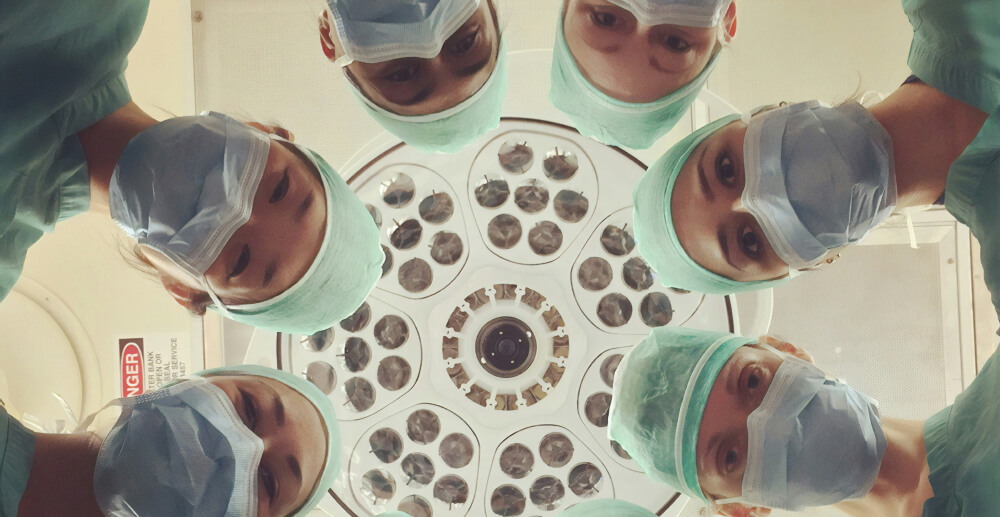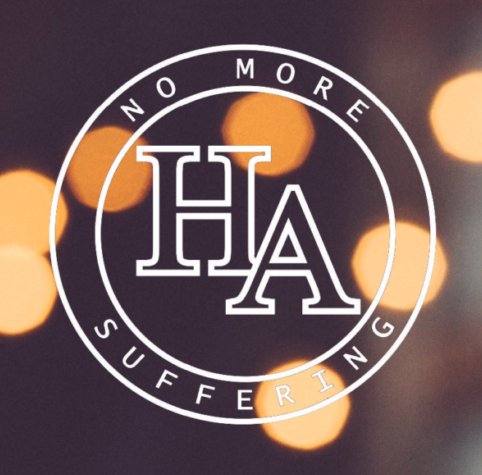Instead of endlessly arguing with Narcotics Anonymous about medication-assisted treatment being clean, why don’t we focus on the safe support groups for MAT treatment?
The Stigma Surrounding Medication-Assisted Treatment
The stigma surrounding medication-assisted treatment is killing people. In a recent NY Times editorial, journalist, author, and addiction expert Maia Szalavitz noted “This widespread rejection of proven addiction medications is the single biggest obstacle to ending the overdose epidemic,” and as the Head of Community for a company providing medication-assisted treatment, I tend to agree.
I field questions from concerned parents about medication-assisted treatment as not clean, and we put on a brave face before boldly diving into our social media comments when we’ve posted something related to buprenorphine/naloxone (commonly referred to in the recovery community and by laymen as Suboxone, it’s most popular brand name).
The Divide Between Narcotics Anonymous and Medication-Assisted Treatment
There’s a clear divide between the medical experts, who tend to agree that buprenorphine/naloxone, and those in 12-step programs, most notably Narcotics Anonymous, who have a checkered history with medication in general. Elizabeth Brico documented the distrust NA has for medication-assisted treatment in an article for STAT. While the article itself is revealing, the comments show a deep-rooted belief system within Narcotics Anonymous that goes against medication-assisted treatment:
“I have had the misfortune to sponsor many men who struggled to get off of drug replacement programs but I have also seen some of these people finally drop the replacement drugs and gain back there freedom from active addition and go on to focus on the true nature of their disease and find peace.”
“Fact: This is an opiate replacing an opiate.”
“I’ve already been cutting back on the medications and frankly can’t wait to get off of them because they disrupt my conscious contact with God and I don’t like that.”
The Third Tradition of Narcotics Anonymous
Many replies to the article refer back to the Third Tradition of Narcotics Anonymous: The only requirement for membership is a desire to stop using. In fact, NA’s pamphlets around medication and Narcotics Anonymous also refer to the Third Tradition, calling medication-assisted replacement “drug replacement” and defining it as a separate issue than medication in times of illness. With specific instruction like this, is it any wonder that those who adhere to the program closely are wary of medication-assisted treatment?
And bridging the belief system between Narcotics Anonymous and medication-assisted treatment would be wonderful, but people need support today. They need support for treatment that works. We know that certain drugs (antidepressants, medication-assisted treatment, maybe even pain medications in certain situations) are necessary for a healthy life, just as other aspects of recovery are.
So where does that leave us? Is it time to admit that the Narcotics Anonymous model isn’t the best support group model for ex-opiate users? Instead of trying to change the minds of those who are already recovered and set in their ways, shouldn’t we be building new safe spaces for those seeking solutions, or still struggling with drugs?
Alternative Recovery Meetings for those who receive Medication-Assisted Treatment
Heroin Anonymous has a different third tradition: “The only requirement for membership is a desire to stop suffering from heroin addiction.”
“In Heroin Anonymous, the only requirement for membership is a desire to stop suffering from heroin addiction.”
All-Recovery Meetings are “non-denominational” recovery meetings that support all paths to recovery.
At Workit Health, we have a support group called Workit Together, with a focus on self-care. This is a safe space to talk recovery for anyone: family members, those thinking about quitting, those on medication-assisted treatment, or those in long-term recovery.
Philadephia has a support group for everyone.
Rebel Recovery, a community advocacy group in Florida, does MARA (Medicated Assisted Recovery Anonymous) meetings on Wednesday nights.
If these meetings connected, and unified, we could begin to be easier to find for folks on medication-assisted treatment seeking support. Instead of seeking support from a community that doesn’t support the treatment we know works, it’s time to build our own community and make it easier to find for those who need it.
Do you have a medication-assisted treatment recovery support group? If so, share in the comments!





